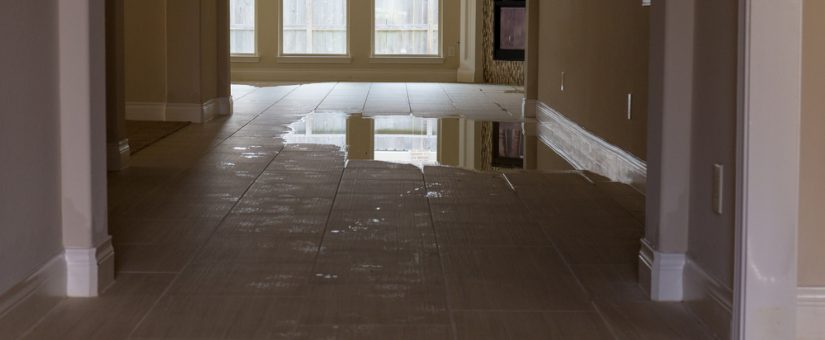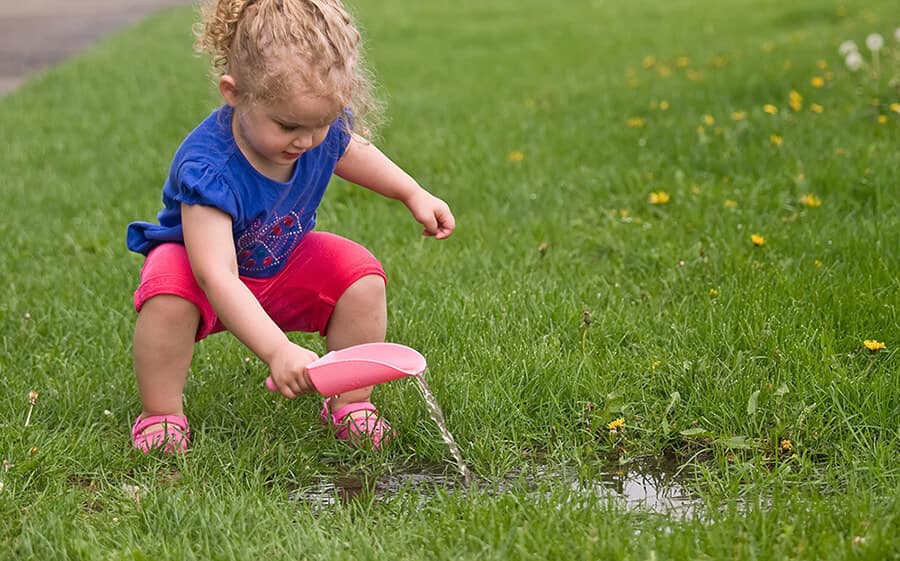Understanding the Six Most Frequent Causes of Water Leaks in Homes
Understanding the Six Most Frequent Causes of Water Leaks in Homes
Blog Article
The author is making a few great points on the subject of Most Common Causes of Leaky Pipes overall in the article following next.

Leaks not only create waste of water yet can likewise create unneeded damage to your home and advertise unwanted natural growth. Regrettably, water leakages may go unnoticed given that the majority of the pipework in our residence is concealed. By looking and recognizing for day-to-day scenarios that create leaks, you can protect your residence from future leakages and unneeded damages. Today, we will certainly take a look at six leakage triggers that might be triggering your pipelines to leak.
Intruding origins
Many water leakages start outside your house instead of inside it. If you notice an unexpected reduction in water pressure, state in your faucet, take some time to head out as well as analyze your yard. You might observe wet spots or sinkholes in your backyard, and that could mean that tree origins are getting into water lines creating water to seep out. You can have your plumber look for breach, particularly if you have trees or hedges near your residential property.
Corroded water supply
As time goes by, your plumbing system ages and rust such as corrosion might start gnawing the pipelines. This might be the root cause of staining or bending on your water pipes. This requires an inspection with your plumber right away. If our plumbing system is old, take into consideration replacing the pipes because they go to a greater risk of rust than the more recent versions.
Malfunctioning Pipeline Joints
The factor at which your pipelines attach is frequently the weakest link in the waterline. Pipe joints can weaken gradually, leading to water leaks. However, the majority of pipe joints are not conveniently visible. If you have loud pipelines that make ticking or banging sounds, specifically when the warm water is activated, your pipeline joints are most likely under a great deal of stress. It is suggested to have your plumber evaluate your system annually.
Instant temperature level adjustments.
Severe temperature level adjustments in our pipelines can cause them to increase as well as contract all of a sudden. This growth as well as tightening may cause splits in the pipes, specifically if the temperature level are below freezing.
Poor Water Connectors
Sometimes, a leak can be brought on by loose tubes as well as pipes that provide your home appliances. Most of the time, changing is what triggers the loosened water Connections. You could find in the case of a cleaning machine, a pipe may spring a leak as a result of trembling during the spin cycle. In case of a water links leakage, you may notice water running directly from the supply line or pools around your appliances.
Clogged Drains
Blocked drains pipes might be frustrating and inconveniencing, however they can occasionally end up creating an overflow leading to rupture pipelines. Keep eliminating any type of products that may decrease your drains that could block them to stay clear of such inconveniences.
All the above are reasons for leaks however not all water leakages arise from plumbing leakages; some leaks might come from roofing leaks. All leaks ought to be fixed right away to stay clear of water damages.
Leaks not only cause waste of water however can also trigger unneeded damages to your residence and also advertise undesirable natural development. By looking and comprehending for day-to-day scenarios that create leaks, you can protect your home from future leaks and unnecessary damage. Today, we will look at six leak causes that may be causing your pipes to drip.
At times, a leakage can be created by loosened pipes and also pipelines that provide your home appliances. In situation of a water links leakage, you may discover water running directly from the supply line or puddles around your appliances.
How To Check For Water Leak In Your Home
How To Check for Leaks
The average household's leaks can account for nearly 10,000 gallons of water wasted every year and ten percent of homes have leaks that waste 90 gallons or more per day. Common types of leaks found in the home are worn toilet flappers, dripping faucets, and other leaking valves. These types of leaks are often easy to fix, requiring only a few tools and hardware that can pay for themselves in water savings. Fixing easily corrected household water leaks can save homeowners about 10 percent on their water bills.
To check for leaks in your home, you first need to determine whether you're wasting water and then identify the source of the leak. Here are some tips for finding leaks:
Take a look at your water usage during a colder month, such as January or February. If a family of four exceeds 12,000 gallons per month, there are serious leaks.
Check your water meter before and after a two-hour period when no water is being used. If the meter changes at all, you probably have a leak.
Identify toilet leaks by placing a drop of food coloring in the toilet tank. If any color shows up in the bowl after 10 minutes, you have a leak. (Be sure to flush immediately after the experiment to avoid staining the tank.)
Examine faucet gaskets and pipe fittings for any water on the outside of the pipe to check for surface leaks.
Undetected water leaks can happen without the home or business owner even realizing. If you suspect a water leak, but not able to find the source. It is time to contact a professional water leak detection service, The Leak Doctor.
How To Find a Water Leak In Your Home
https://www.leakdoctor.com/blog/How-To-Check-For-Water-Leak-In-Your-Home_AE197.html

As a reader about How to detect water leaks in your home, I think sharing that excerpt was beneficial. Are you aware of anybody else who is interested by the subject? Please feel free to share it. Thank-you for your time invested reading it.
Check It Out Report this page